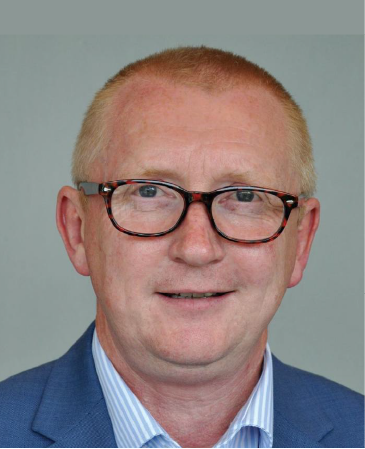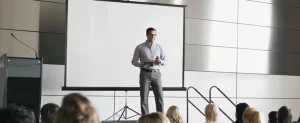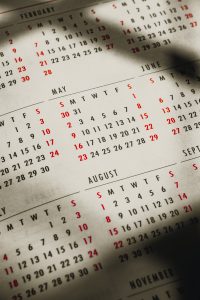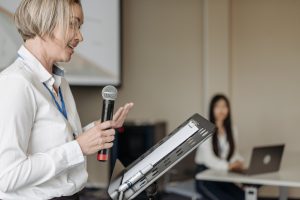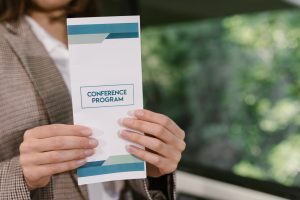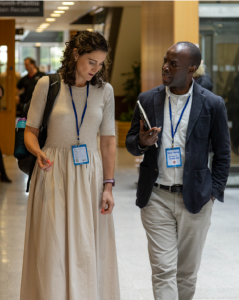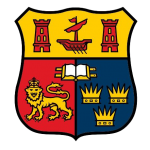
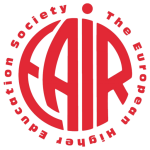
EAIR Forum Cork 2024
Track 7: Sustaining staff and student wellbeing
Track Chairs: Dr Eithne Hunt, Professor Mark O’Hara
The importance of sustaining and nurturing the individual and collective welfare, wellbeing, and meaningful engagement of staff in the delivery of higher education cannot be underestimated. The development of students’ attributes of personal wellbeing and resilience is being increasingly linked to student success and is highly valued by employers. In addition, the wellbeing of staff is a key enabler of individual and institutional performance and in developing a strong and effective learning and work-based values-based culture. Many institutions are now committing to a wide range of initiatives to support and sustain the wellbeing of their staff and students. For student facing activities, this includes curricular, co- curricular and extra-curricular initiatives. Academic staff and professional services staff are all key to the successful design and delivery of such initiatives and co-creation with students is also highly valuable.
- This new track aims to bring together both theory and practice to consider the importance of and means towards enabling, embedding, and sustaining a focus on individual and collective wellbeing, and welfare as part of a healthy higher education institution. Important considerations include:
- How can students be equipped to develop their capability to adopt and sustain healthy habits for wellbeing and success, within and beyond the curriculum?
- What institutional strategies, policies and approaches are necessary to empower students to be well and learn well?
- What wellbeing challenges are faced by staff in their day-to-day higher education context of rapid change, performativity demands, and increasing diversity of academic and professional challenges?
- What institutional strategies, policies and approaches are necessary to empower individuals to develop and sustain healthy professional and personal lives in balance? How might achieving this balance enable staff performance and potential? What exemplary practices and case-studies of proactive and sustainable wellbeing and welfare approaches might be shared?
- How has the post Covid 19 era and new work practices including remote/blended working impacted on staff wellbeing and what are institutions doing to encourage staff to engage in wellbeing matters?
- What action can we take as institutions to support and enable staff in supporting student wellbeing?
This track is chaired by:
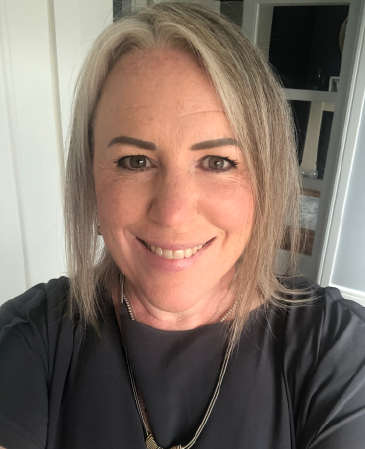
Dr Eithne Hunt
